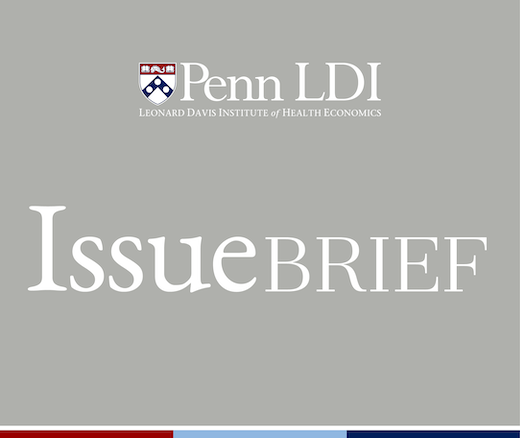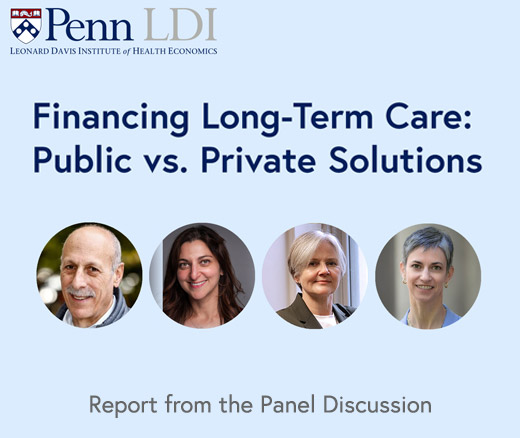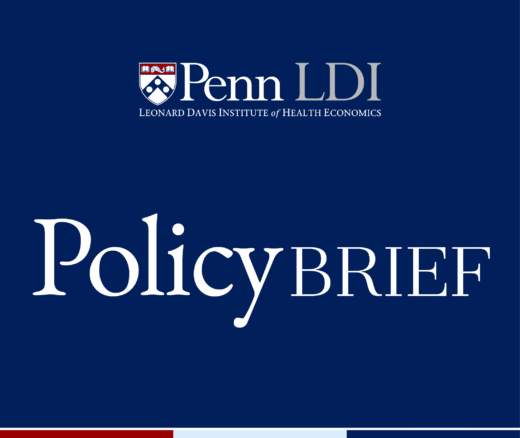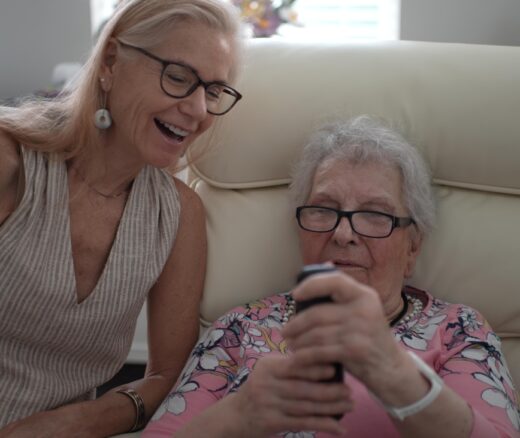
The Long-Term Care Experiment Everyone is Watching
Washington State’s First-in-the-Nation Insurance Plan Begins Payouts in Mid-2026, and Researchers Will Weigh its Effect on Care, Costs, and the Long-Term Care Markets
Improving Care for Older Adults
Blog Post
[Cross-posted from the Tradeoffs Research Corner]
Private equity investment in U.S. health care has grown substantially in the past two decades. In 2018 the valuation of private equity deals in the U.S. health care sector reached $100 billion — 20 times higher than it was in 2000. Supporters say private equity firms provide needed funds and business acumen to improve efficiency, while critics say they squeeze costs to deliver short-term return for investors without regard for long-term quality consequences. These critics include some members of Congress, who have raised concerns about private equity’s growing presence in everything from physician practices to retail health and addiction treatment facilities. And in the last year, nursing homes have taken the spotlight in the debate over private equity.
The nursing home sector has long attracted profit seekers. More than two-thirds of nursing homes are for-profit, and over half are owned by large nursing home chains. Ample prior research has found both for-profit and chain nursing homes have lower quality of care compared to nonprofit facilities, and a new working paper suggests private equity investment in nursing homes lowers quality even further.
Researchers Atul Gupta, Sabrina Howell, Constantine Yannelis and Abhinav Gupta used national data from 2000 to 2017 to examine the impact of private equity investment. The high prevalence of for-profit nursing homes in the data made it possible for them to compare private equity investments directly to for-profit ownership, disentangling the effects of private equity investment from a simple profit motive. In addition, because private equity firms acquire both independent and chain-operated nursing homes, the researchers could also isolate the effect of private equity investment from the operational changes to nursing homes associated with being part of a chain.
What they found was startling. Going to a private equity-owned nursing home increased individuals’ short-term mortality by 10% during and for 90 days after the nursing home stay. These stays were also at a higher cost, with Medicare spending 11% more over that time. The authors also showed a decline in nursing home quality (measured using Medicare’s Five Star ratings) and a decline in nurse staffing levels, perhaps explaining why mortality rates rose.
The pandemic has pushed many to reconsider whether the traditional nursing home model is the best way to care for aging and frail adults, or whether more people should be cared for in home or community-based settings. But nursing homes are an integral part of any sensible long-term care system as some people are simply unable to live out their lives at home. This requires ensuring we have stable, high-quality nursing homes and private equity investment in nursing homes is unlikely to get us there. Research like this can help pave the way for true reform in nursing homes.
*The Leonard Davis Institute of Health Economics is one of Tradeoffs’ financial supporters, and their support has no influence on their inclusion in Research Corner.


Washington State’s First-in-the-Nation Insurance Plan Begins Payouts in Mid-2026, and Researchers Will Weigh its Effect on Care, Costs, and the Long-Term Care Markets

Issue Brief: Understanding Gaps and Opportunities to Advance Research and Policy

An LDI Fellow Draws on Historic, Paradigm-Shifting Treatments in Depression and Obesity to Consider What Meaningful Breakthroughs in Dementia Care Could Look Like

A Penn LDI Virtual Panel Looks Ahead at New Possibilities

Lessons from the Past, Imperatives for the Future

Technology Helps Older Adults Stay at Home—But May Delay Necessary Transitions to Higher Levels of Care